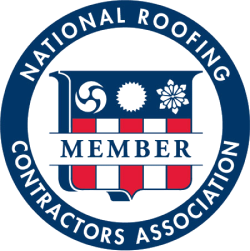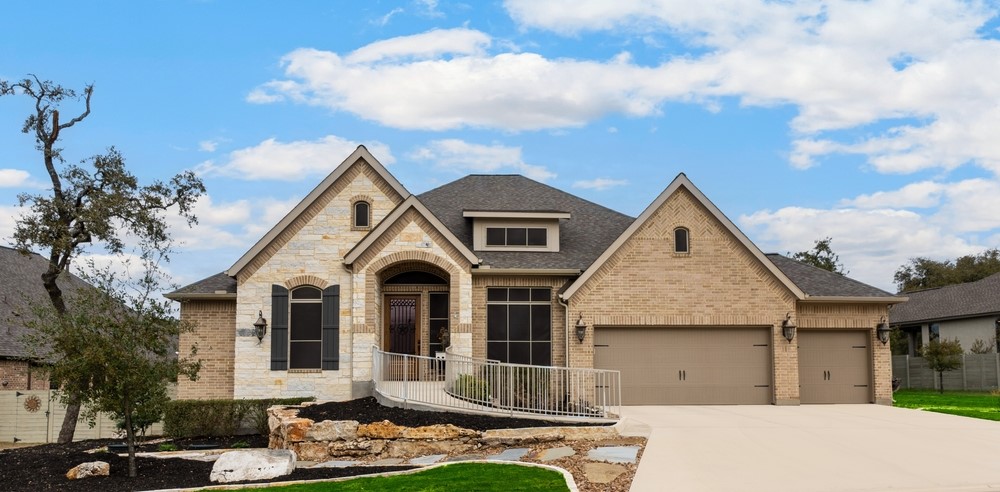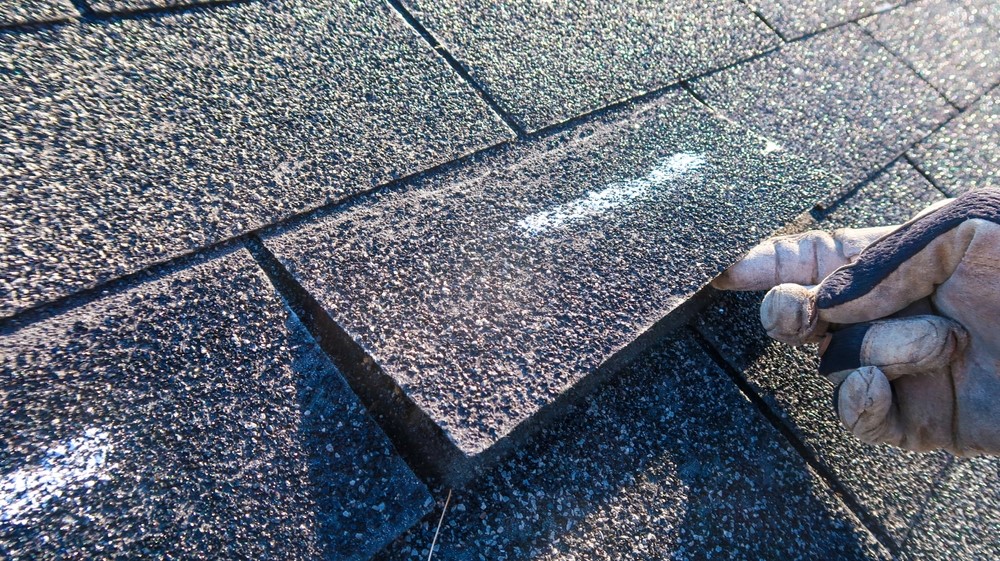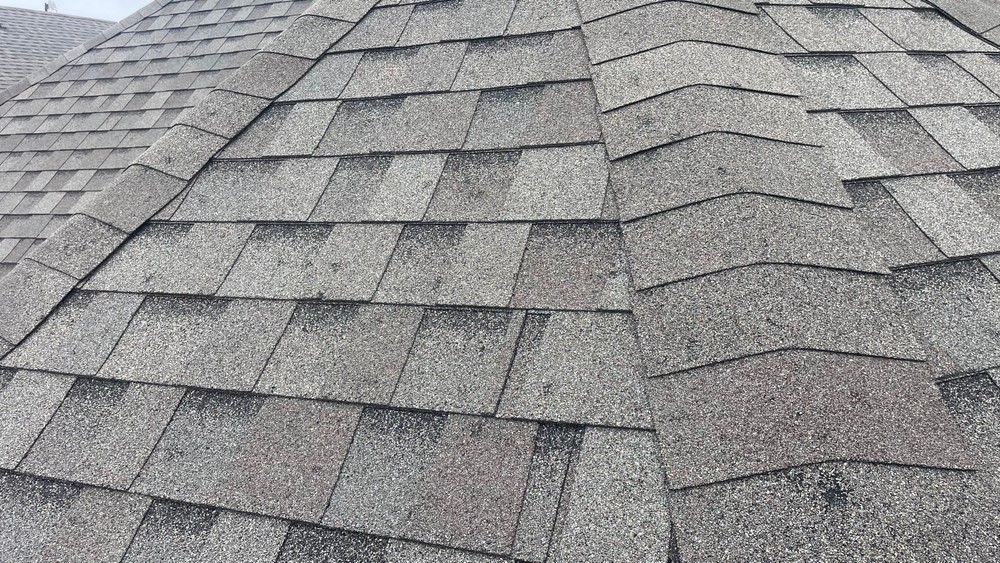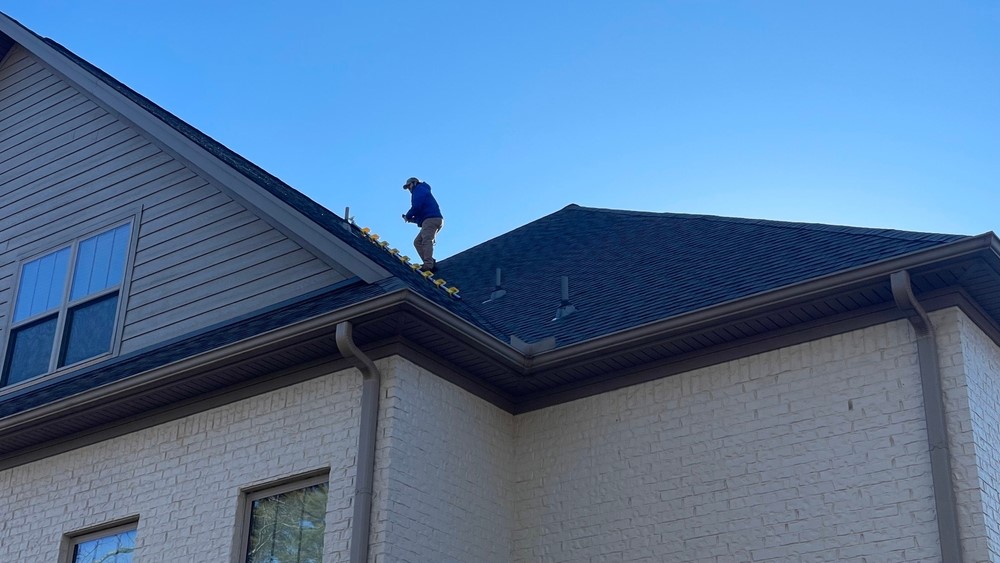Knowledge is homeowners’ best defense against roofing scammers. Here are some tips on how to spot and avoid common scams.
Roofing is a difficult trade that requires experience, skill, and integrity. Unfortunately, homeowners often fall victim to a variety of roofing scams that can cost them money and, in some of the worst cases, leave them with a roof that’s in even worse condition than before. Roofing scams can be difficult to spot, but they tend to fall into several broad categories. The following is an overview of how to spot possible scammers, along with descriptions of some of the most common scams.
Signs that a roofer is (un)trustworthy
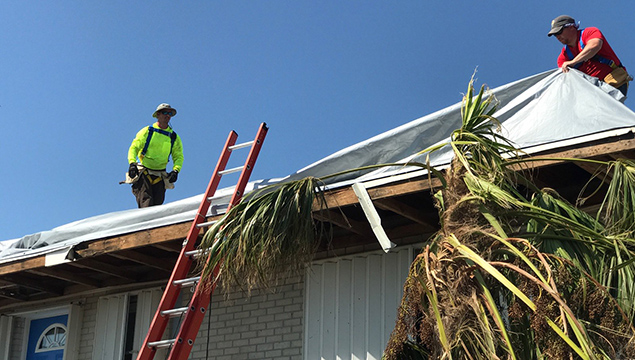 Photo by U.S. Fish and Wildlife Service Southeast Region from Flickr [Creative Commons]
Photo by U.S. Fish and Wildlife Service Southeast Region from Flickr [Creative Commons] The roofing business is not subject to much regulation in Texas. One does not need a license or insurance coverage in order to advertise themselves as a “roofer” or “roofing contractor.” Homeowners have ways to protect themselves from scammers, but it requires a bit of knowledge about the business. The following lists offer a broad idea of what to look for in a professional, trustworthy roofer, and what to watch out for.
Good signs
A roofer who meets the following criteria is likely to be a good choice for your roofing job:
- Licensed by the Roofing Contractors Association of Texas (RCAT)
- Provides documentation of their insurance coverage
- Offers open communication about the project and a transparent estimate of costs
- Puts everything in writing in a contract
- Has a long track record in your area
- Has experience with your specific roofing needs
- Provides references to demonstrate their track record and experience
Red flags
Signs that a roofer might cause problems include the following:
- Lacks a license or insurance coverage
- Offers few or no references or customer reviews
- Makes unrealistic, too-good-to-be-true claims about the project, such as the ability to save large amounts of money on material costs
- Won’t provide a detailed written contract
- Won’t communicate openly
Common roofing scams
Roofing scammers often target cost-conscious homeowners, senior citizens, and people whose homes or neighborhoods have had recently experienced damage. Certain types of scams arise again and again. Armed with knowledge, homeowners can spot scammers coming from far away.
Storm chasers
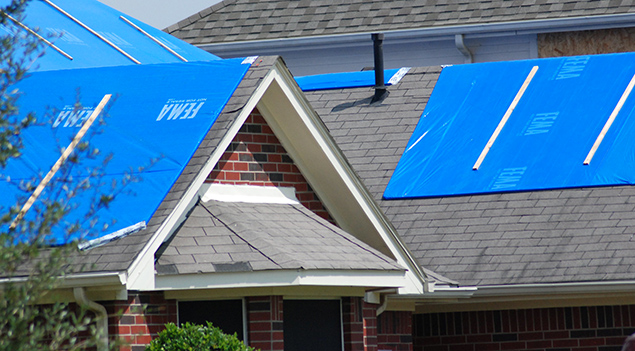 Photo by U.S. Army Corps of Engineers from Flickr [Creative Commons]
Photo by U.S. Army Corps of Engineers from Flickr [Creative Commons] Storm damage can be frustrating and stressful for homeowners, especially those who worry about the total cost of repairs. Roofing scammers try to take advantage of this by descending upon areas that recently suffered storm damage, often going door-to-door to drum up business.
This type of scammer may try to fix or replace as many roofs as possible in an area as quickly as possible, with little or no regard to the quality of their work or materials. They often claim that they can perform repairs at very little cost to the homeowner through insurance claims.
Be skeptical of anyone who comes to your door offering roof repairs. Contact a reputable roofing contractor to perform an inspection before you agree to any kind of repairs.
Lowball bids
The saying “If something seems too good to be true, it probably is” definitely applies to roofing. Roof repair isn’t cheap. A low starting bid from a roofer ought to raise red flags about a possible scam. They might quote a low price with assurances that the job will be easy. When they start working, they’ll notice new problems that add to the cost in the middle of the job. A roofer should provide a detailed explanation of their pricing scheme rather than adding to the cost as they go.
Mystery damage
Another roofing scam that often begins with a roofer appearing at your door involves damage that you didn’t even know existed. They might claim that they just happened to notice roof damage as they were driving by. In some cases, the damage isn’t as bad as the roofer claims, or it doesn’t exist at all. This type of scammer tends to rely on homeowners not knowing much about roof repair. A second opinion from an established roofer can shut this type of scam down.
Cheap materials
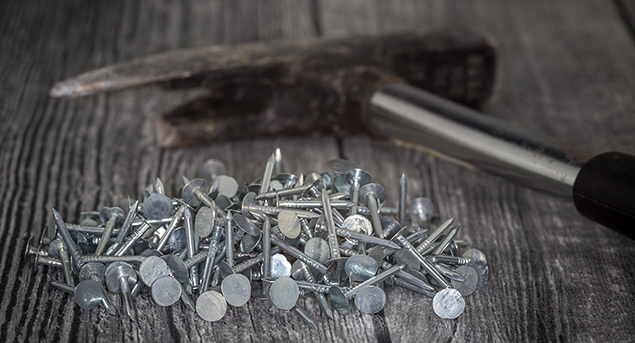 Image by analogicus from Pixabay
Image by analogicus from Pixabay Roofers might occasionally have access to materials at a discount but beware of deals that seem too good to be true. A roofing scammer might claim to have access to “extra” or “leftover” materials. Those materials might actually not be fit for use in roof repair at all. An honest roofing contractor should provide a detailed explanation of the materials they use and the costs associated with them.
Insurance fraudsters
Homeowners should greet a roofer who offers to handle an insurance claim themselves with skepticism. This is a prime opportunity for insurance fraud, which can cause problems for a homeowner beyond shoddy roof repair.
A roofing scammer might show one invoice to the homeowner, but then submit a different one to the insurance company. They might inflate the insurance claim and pocket the difference. Homeowners should always retain control over the insurance claim process.
Start with a reputable roofer: RoofCrafters
RoofCrafters’ skilled and experienced professionals provide unmatched workmanship and service to homes and businesses in the greater Austin area. Contact us today to schedule your free roof inspection!
Subscribe to RoofCrafters Inc's Blog


